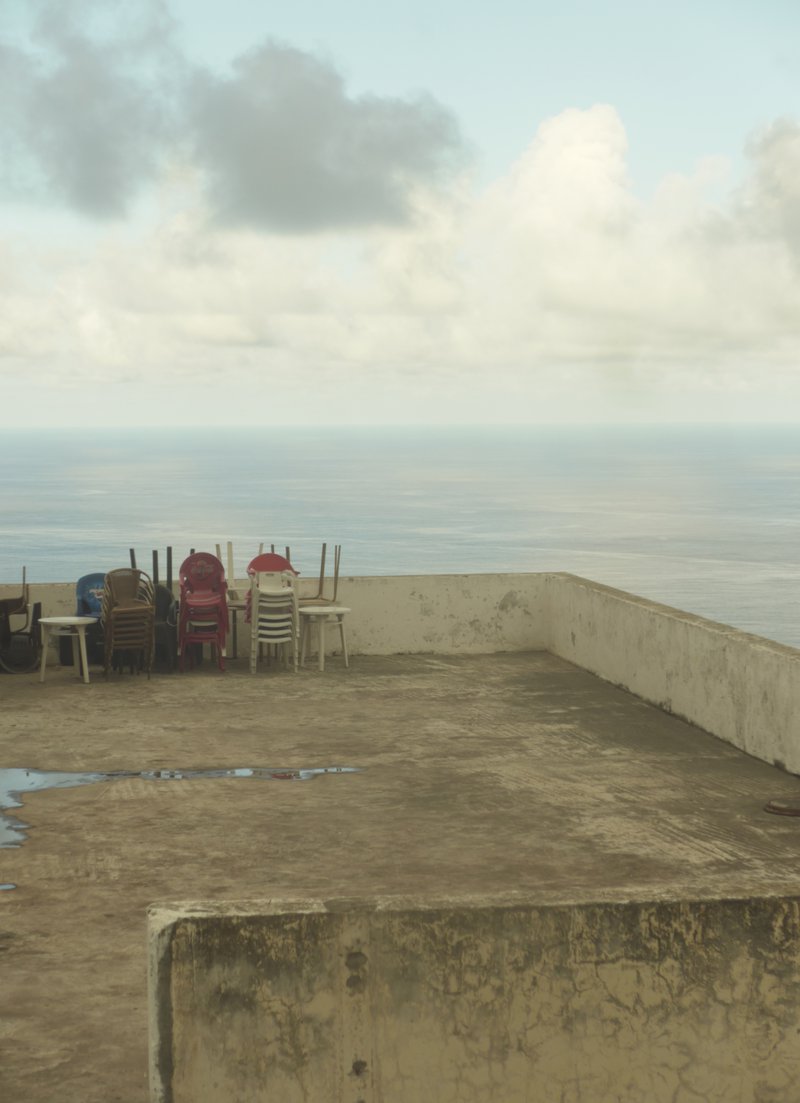Symposium
A One-Day Symposium at Syracuse University
October 25, 2019
Room: Falk 275
The one-day symposium explores the complex relationships between centers and peripheral spaces, as well as boundaries and borders that define our world and how they are represented in literatures and the visual arts. Invited speakers include Burcu Dogramaci, Elizabeth Otto, and Bertrand Westphal. As Westphal points out "the invention, extrapolation, and mythification of spaces through personal experience or literary description ultimately defines our relationship geographically to the world (Geocriticism 6-7)."
The symposium brings together leading scholars from France, Germany, and the United States whose innovative work focuses on artists and writers who challenged, transgressed and expanded diverse boundaries. Such border-crossings can be voluntary, forced, and yet creative as Elizabeth Otto’s investigation of women at the Bauhaus exemplifies. While working in this center of innovation, these groups nevertheless faced conventional power structures that placed them at the margins – a situation they did not readily accept. All Bauhaus members soon faced Nazism and the question of leaving or staying in Germany. Similarly, Burcu Dogramaci examines how the exile-related threshold state is negotiated and how borders and their transgression effect artistic work.

Central themes of the symposium are diasporas and exile, forced and voluntary migrations, and the consequences of moving between centers and peripheries. We ask how these dislocations changed and informed the perspectives of intellectuals, writers and artists who opposed European fascist and authoritarian dictatorships in the first half of the 20thcentury. Many of them not only lost their place in society but also the language in which they worked. They were forced to relocate; moving from major European urban centers such as Berlin, Barcelona, Prague, Vienna and to the peripheries first of Europe and then the world. Even in metropolitan and urban centers such as London, New York, Shanghai, Alexandria, and Mexico City the majority of exiles and refugees occupy marginal spaces in their arrival cities and receiving countries. The same can be said about their relationship to the home countries and original cultures. After crossing numerous borders, the arrival in places of refuge does not coincide with an end to barriers and boundaries. "The borders of new sociopolitical entities. . .are no longer entirely situated at the outer limit of territories; they are dispersed a little everywhere, wherever the movement of information, people, and things is happening and controlled- for example, in cosmopolitan cities" (Balibar, 2002, 1). Exile, like migrations, is a process that once initiated never fully ends.
The symposium is based on the notion that geo-temporal questions are important for a critical understanding of the human condition. It aims for a new understanding of Europe through interdisciplinary and geocritical approaches to the literary and artistic representations of Centers, Margins and Boundaries.
